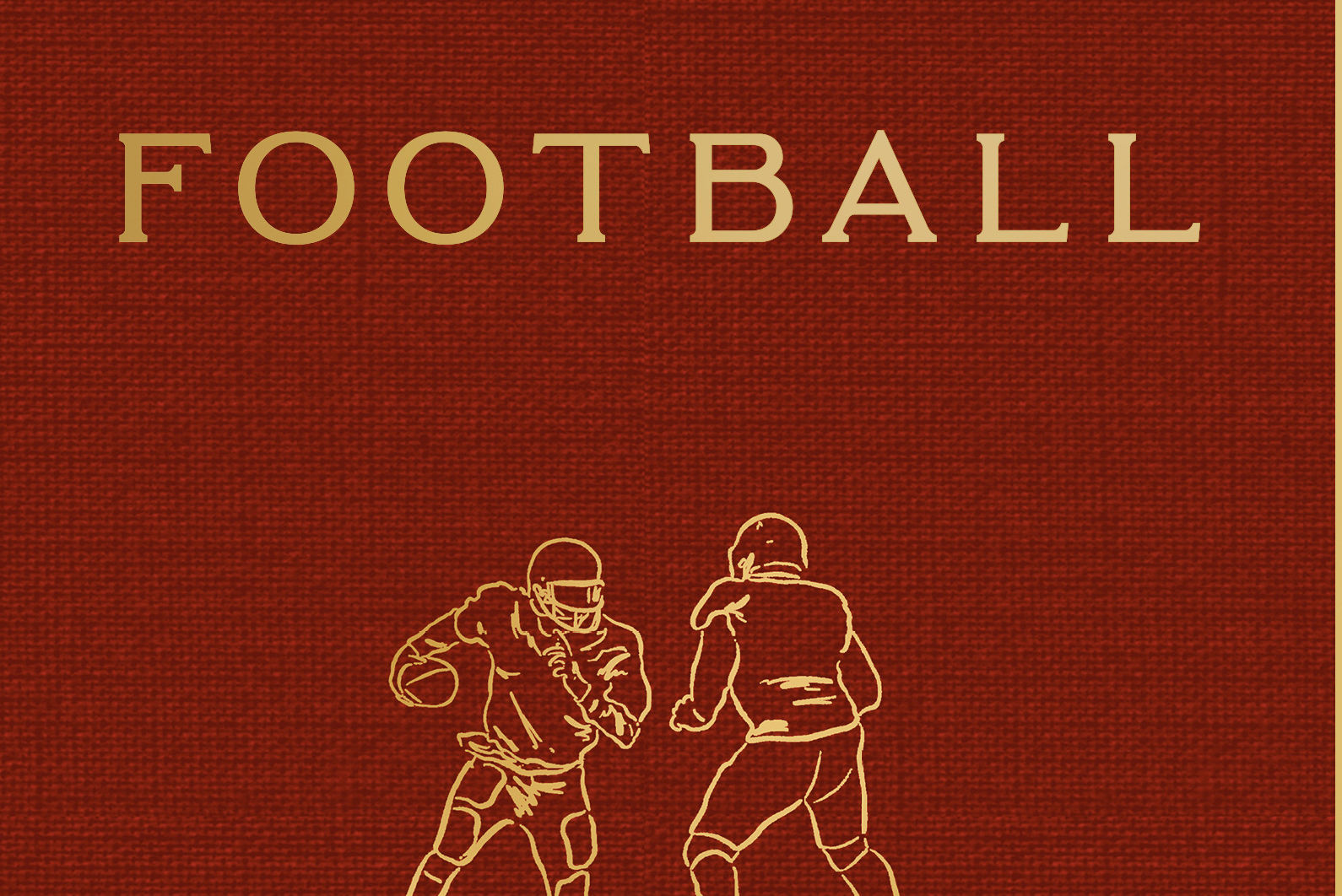Portland Author Juhea Kim Looks to Korea in Dazzling Debut Novel

Image: Nola Logan
It is not common to open a book from a Portland writer and find yourself in the mountains of Korea, at the beginning of the 20th century, tracking a tiger. But Juhea Kim is an uncommon writer, and her debut novel, Beasts of a Little Land, is a vast, ambitious saga spanning generations and geographies that couldn’t feel farther from the present-day Pacific Northwest she calls home. It follows a series of interconnected characters in Japanese-occupied Korea—a Japanese soldier, an apprentice courtesan, a street urchin, a rickshaw driver—to the country’s ultimate independence and subsequent division.
And yet, says Kim, this book could only have been written right here. Korea has been modernized to the point of becoming “just a cyber society,” she says, and much of the book draws from and depicts the natural world. “Oregon is my home, and I’m a mountain person, I’m a forest person, I’m a sea person,” she says. “I am a nature freak because I grew up here and I even came back here [from a stint in New York] because I felt such a longing for it.”
Kim arrived in the state at age 9, moving here with her family from Incheon, South Korea. Now, 25 years on, she is as much Oregonian as Korean—“I can’t say one over the

Image: ecco
other”—but it’s on her heritage and family history that she draws for Beasts of a Little Land. Several of the story’s main characters were inspired by her ancestors, among them her maternal grandfather, whose time in Shanghai remains shrouded in mystery even to his own children. His story informed one particular character who ends up in China on a mission for the Korean independence movement.“I knew that my family had people who played such roles in history, and it never felt like something that I just read in a book. It just felt very much like a part of who I am,” Kim says. “So it became something I could stay obsessed with, even through the whole writing and revision process, and never get tired of.”
Despite her familial inspiration, Kim undertook extensive research, giving as much attention to the art and literature of the period as she did to the history books. “It was very helpful to remember that people are people at any time in any place. They are most driven by their desires, and their desires are pretty similar to the desires we have now,” she says. “They’re really just living their lives. History is happening around them, but they’re thinking about ‘What am I having for dinner?’ and ‘Does this guy like me?’”
Beasts of a Little Land is as much a story of love—requited, unrequited, imperfect, fleeting, dogged, romantic, platonic, familial—and the knocks of time on our bodies and spirits as it is about a moment in history for one country struggling against colonialism. Its exploration of what it means to be human—to be loved, redeemed, betrayed, brave—is not pinned to datelines or latitudes. “We’re probably living in the most fraught period in human history, and these questions of loyalty and justice, and standing up for your beliefs, and freedom ... [are] more present now than ever,” Kim muses. “So I hope that when readers read this, they don’t just think, ‘Well, that was lovely.’ Maybe, hopefully, it’ll inspire them to think courageously and draw some sort of relevance in our most difficult time.”




